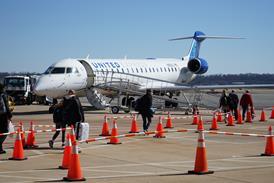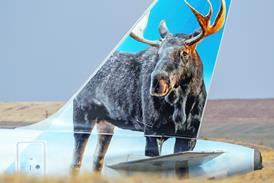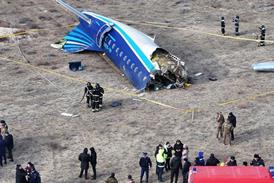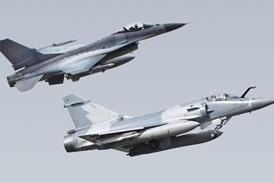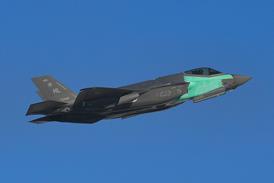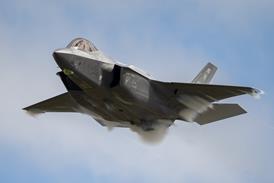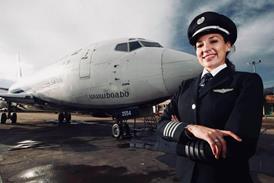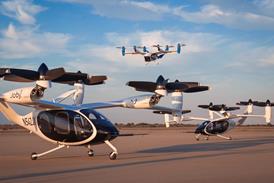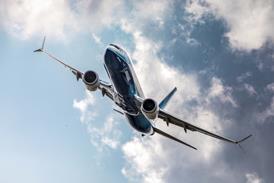Europe's business aviation industry contributed nearly €20 billion ($25.7 million) to the European economy last year, according to the first-ever study to examine the economic impact of business aviation on the continent.
The report - compiled by PricewaterhouseCoopers on behalf of the European Business Aviation Association estimates the gross value added to the economy by the business aviation sector in 2007 at €19.7 billion, or roughly 0.2% of the combined gross domestic product of the European Union, Norway and Switzerland.
PwC conducted primary research interviews with companies that account for 45% of the economic activity of the business aviation sector in Europe and combined this with data collected from 70 company reports of business aviation-related industries.
According to the study, the industry comprises around 2,300 aircraft and more than 1,000 operators, which made 750,000 flights in 2007. Business aviation and its associated industries also account for 164,000 European jobs with combined wages of around €5.7 billion, says the report.
European countries that benefit most from the business aviation industry are France, Germany and the UK, where an estimated €12.6 billion is associated with business aviation, amounting to 64% of the European total. "These countries are in the lead because of their concentration of aircraft assembly and component manufacturing operations together with a high number of aircraft movements and registered fleets," says the report.
Austria and Switzerland also feature highly in the rankings due to the extensive maintenance facilities they host. The contribution of business aviation to the Portuguese economy is surprisingly high - contributing a greater share of Portuguese GDP than the country's own gas supply. This is because Portugal has the sixth-largest fleet of business aviation aircraft in Europe. Ninety per cent of the 174-strong fleet is owned by NetJets Europe, the largest European business jet company and pioneer of fractional ownership.
The impact that business aviation plays in business can also be seen in the UK, where for example, London City airport contributes to the success of Canary Wharf, one of the two key financial districts of the city. Although people do not come to London solely on account of business aviation, it eases the process of doing business there. "Business aviation has a tremendous impact. In purely economic terms, two people on a Cessna Citation jet can be more valuable than 100 people on a Boeing," says London City airport chief executive Richard Gooding.
"This report is an exciting development for the business aviation industry as it quantifies, for the first time, that our business has a significant wider economic benefit in Europe," says European Business Aviation Association president Brian Humphries.
"Although business aviation is recognised by the European Commission as an important and fast-growing sector of Europe's aviation infrastructure - it represents 8% of Eurocontrol traffic - until now assessments of its value have been purely subjective. For the first time we have a truly objective, quantitative assessment of the sector's contribution to the European economy and many will be surprised at its importance."
Humphries says the reputation and acceptance of business aviation across Europe has grown considerably over the past decade, but a lot has to be done to bolster the industry's position, particularly concerning unfettered access to the region's airports. "We hope this will encourage governments and regulators to ensure business aviation enjoys the fair and equitable treatment such economic importance deserves," he says.
Source: Flight International

